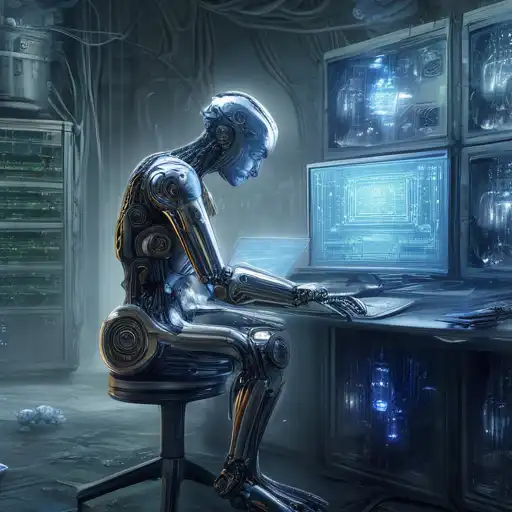The Ethical Challenges Posed by AI
Artificial Intelligence (AI) has rapidly evolved from a futuristic concept to a cornerstone of modern technology, influencing sectors from healthcare to finance. However, its advancement brings forth a myriad of ethical dilemmas that challenge our moral frameworks and societal norms.
Understanding AI Ethics
At its core, AI ethics revolves around the moral principles and techniques aimed at ensuring AI technologies are developed and used in a manner that benefits humanity while minimizing harm. This includes considerations of fairness, accountability, transparency, and privacy.
Key Ethical Dilemmas in AI
- Bias and Discrimination: AI systems can perpetuate or even exacerbate biases present in their training data, leading to unfair outcomes for certain groups.
- Privacy Concerns: The ability of AI to analyze vast amounts of data raises significant privacy issues, especially concerning surveillance and data security.
- Autonomy and Accountability: As AI systems become more autonomous, determining accountability for their actions becomes increasingly complex.
- Job Displacement: The automation of tasks by AI could lead to significant job losses, posing ethical questions about the responsibility of developers and policymakers.
Strategies for Addressing AI Ethical Dilemmas
To navigate these challenges, stakeholders must adopt a multidisciplinary approach, incorporating insights from ethics, law, and technology. Key strategies include:
- Implementing robust ethical guidelines for AI development and use.
- Ensuring diversity in AI development teams to mitigate bias.
- Enhancing transparency and explainability in AI systems.
- Establishing legal frameworks to address accountability and privacy concerns.
The Role of Society in Shaping AI Ethics
The ethical dilemmas posed by AI cannot be resolved by technologists alone. It requires a collective effort from governments, businesses, and the public to ensure AI serves the greater good. Engaging in open dialogues and fostering ethical literacy among all stakeholders are crucial steps forward.
As we stand at the crossroads of technological innovation and ethical responsibility, the choices we make today will shape the future of AI and its impact on society. By addressing these ethical dilemmas head-on, we can harness the power of AI to create a more equitable and just world.
For further reading on the intersection of technology and ethics, explore our technology ethics section.
